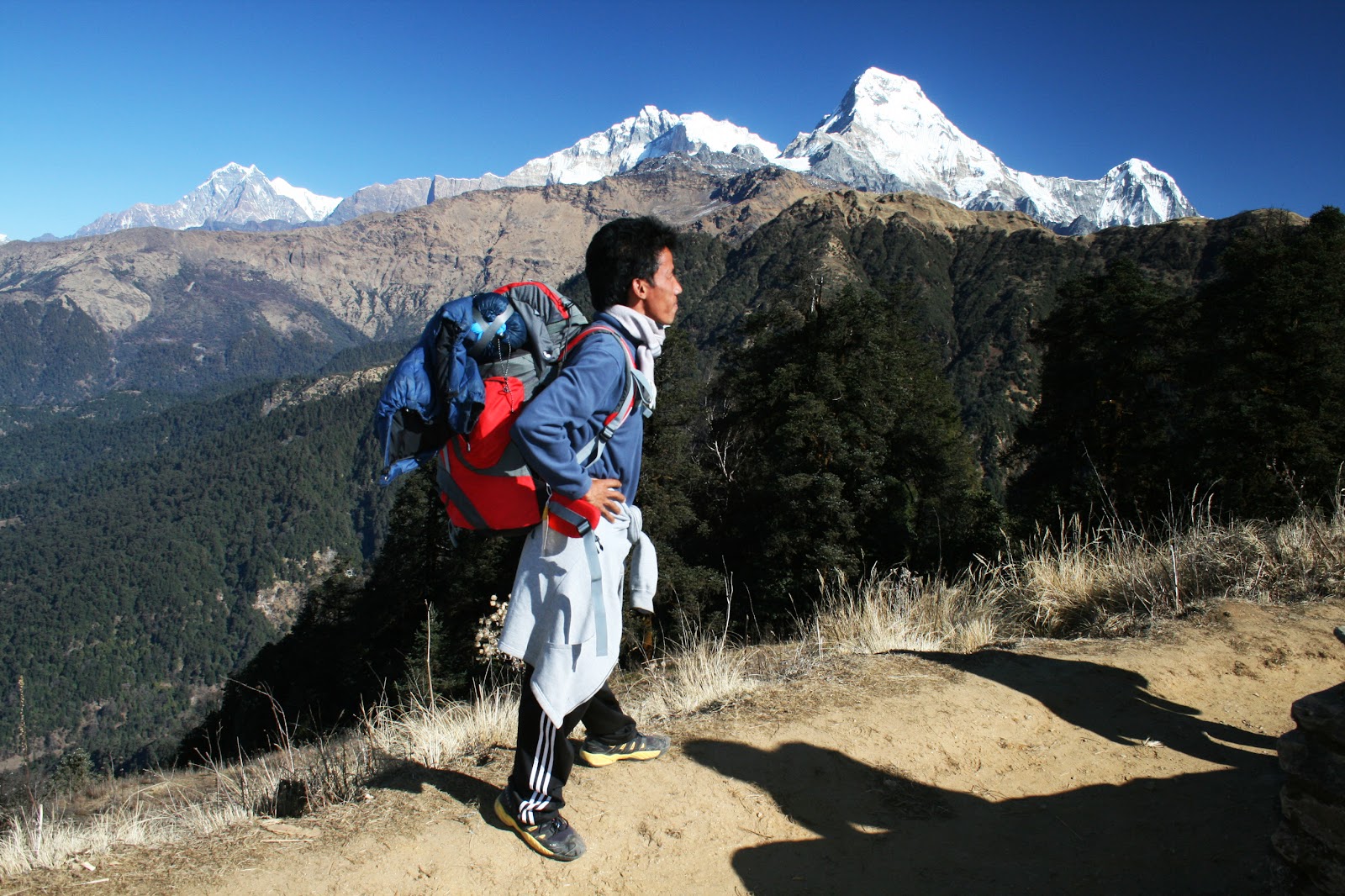
This can save so many men — share this with your friends

Story-At-a-Glance
Matt Cook here, and there are so many men who are silently suffering from post traumatic stress disorder (PTSD).
Sometimes men don’t even know that they have PTSD.
It is extremely common and causes men to have nervous thoughts, stressful memories, and deal with a lot of anxiety.
Fortunately, there is one natural herb that scientists have found can actually treat PTSD and give men their lives back.
Share this with your buddies…
—-Important Message From Shelley—-
Gorgeous women get sexually charged with this…
Do you know what sexual status is?
Sexual status is what tells a woman that she desires to sleep with you.
It tells her that you’re a “cool guy” and “her type” and to take you to bed.
So sexual status is pretty simple yet extremely important.

When a woman tells a man, “You’re not my type”, she is actually saying: “I’m not getting the sexual status I need to feel sexually attracted to you.”
But once you understand this simple mechanism to creating sexual status, you can be the sexual creature you were born to be!
Imagine having that kind of power over your sex life…
Power to attract the woman you really desire….
Or, more sex with the woman you’re with….
And today only, a very special FREE gift is being offered…
Discover this simple mechanism to creating more sexual status and claim your free gift right here
———-
This one herb can naturally treat and reverse post traumatic stress disorder
Post-traumatic stress disorder describes a group of symptoms that occur after a very traumatic event.
PTSD causes huge amounts of stress for individuals affected.
The effects of post-traumatic stress disorder can last indefinitely increase the risk of suicide.
There are treatments to treat the symptoms of PTSD.
But some of them are extremely addictive, while others have major side-effects.
Some research has shown that a substance found in ginseng could help with PTSD.

The animal research was carried out at the Southern Medical University, Foshan in China. The results were published in the journal Psychiatry Research.
PTSD is one of the most common serious mental disorders.
“PTSD has an estimated lifetime prevalence rate of 7% in the United States, and 23% among US veterans.”
The problems associated with chemical treatments for PTSD have led researchers to investigate herbal remedies.
This research looked at a compound found in ginseng.
“Ginsenoside Rg2 (GRg2), one of the major active components in the root and stem leaves of ginseng.”
Ginseng is a family of plants that have been used for over a thousand years in traditional herbal medicine of Asia and North America.
Prior research has shown that this ginseng extract may be beneficial for some of the symptoms of PTSD.
“Although GRg2 possesses the neuroprotection and antidepressant-like effects, anti-PTSD-like effects of GRg2 are still explored.”
The researchers conducted a number of experiments on rats.
The rats were exposed to stressful conditions that create PTSD-like behaviours in the animals.
“PTSD-associated behavioral deficits in rats were induced following exposure to single prolonged stress.”
The rats were tested 9 days after the traumatic event to ensure that they displayed PTSD-like behaviours.
“The animals exhibited decreased time and entries in the open arms test and increased freezing duration in the contextual fear paradigm.”
The animal’s behaviour showed that they were more anxious about their environment.
Some of the animals were given different doses of the ginseng extract GRg2.
The ginseng extract supplementation started a couple of days after the traumatic event.
“GRg2 was administered once daily for 14 days from day 2 to 15.”
The researchers used doses of the ginseng extract that had previously been shown to have antidepressant effects in rats.
“The doses of GRg2 were based on its antidepressant-like effects.”
The animals given the ginseng extract displayed far fewer symptoms of PTSD.
“The decreased time and entries in the open arms in elevated plus maze test and increased freezing duration in contextual fear paradigm were reversed by GRg2.”
These results indicate that the ginseng extract could reverse PTSD symptoms when given after the traumatic event.
“GRg2 alleviated the PTSD-associated behavioral deficits.”
PTSD does not just cause behavioral and perceptual changes.
PTSD also causes changes to hormones and other chemicals in the brain and in the blood.
The ginseng extract was able to reverse some of these biochemical changes caused by PTSD.
“GRg2 prevented decreased levels of progesterone, allopregnanolone, serotonin, 5-HIAA, CRH, corticosterone and ACTH in the brain or serum.“
All of these hormones and neurotransmitters are known to have major effects on mood and behavior.
These changes in biochemistry support the idea that this ginger extract could be beneficial for humans with PTSD.
GRg2 can reverse some of the behavioural and biochemical problems associated with PTSD.
“GRg2 alleviated the PTSD-associated behavioral deficits with biosynthesis of neurosteroids, normalization of serotonergic system and HPA axis.”
Given that ginseng has been used for such a long period and it has very few known side-effects — this extract may turn out to be much safer than current treatments.
—-Important Message From Matt—-
Use this ancient Himalayan secret to avoid tissue hypoxia and increase blood-oxygen levels (especially down there)

I’ve discovered that Sherpa people, who live at some of the highest altitudes in the world…
…have higher blood oxygen levels than normal men…
And this is extraordinary because most people in high altitudes suffer from what’s called “tissue hypoxia.”
Tissue hypoxia is when the cells are literally starving for oxygen.
But these men in the Himalayas — they have super high oxygen levels all over their body, even “down there.”
And this is important for men because the penis needs oxygen. Without enough oxygen, the member will stay soft and flaccid.
So I’ve been studying what these men are doing…
———-

The anxiolytic-like effects of ginsenoside Rg2 on an animal model of PTSD
https://www.sciencedirect.com/science/article/pii/S0165178118309223
